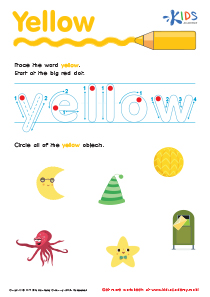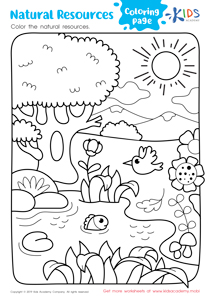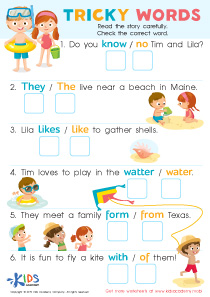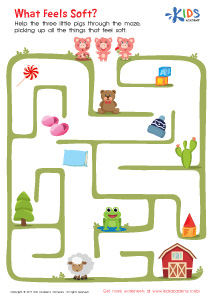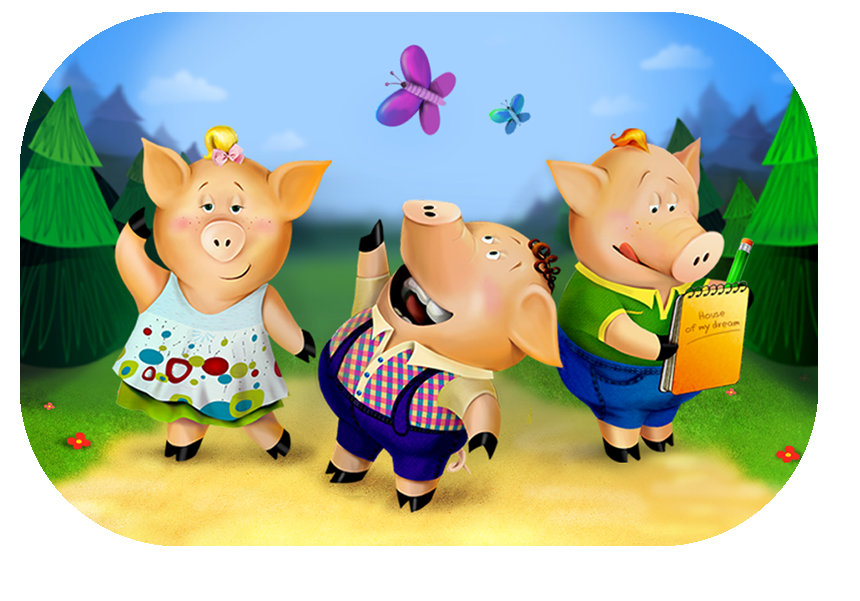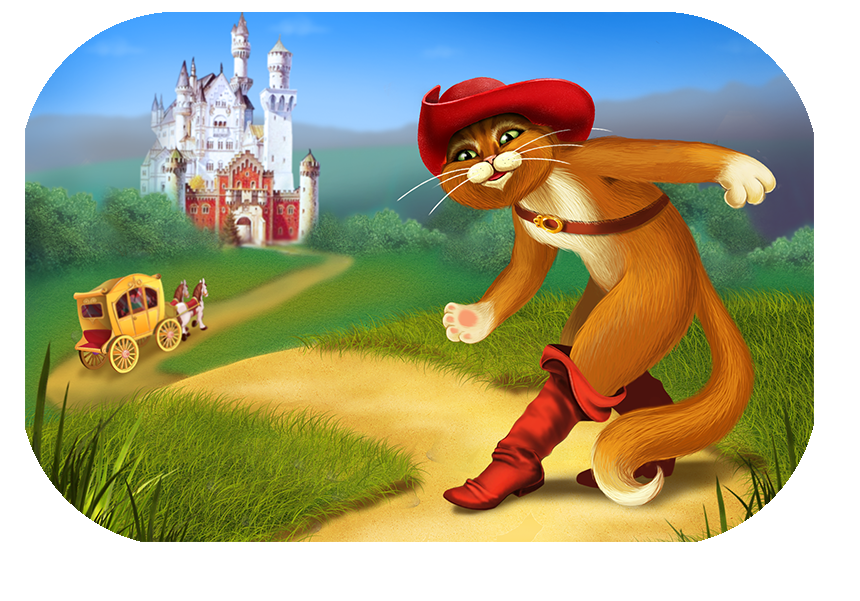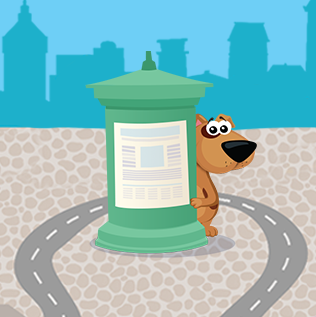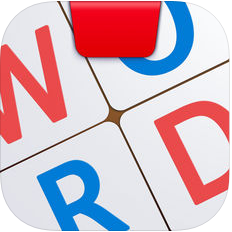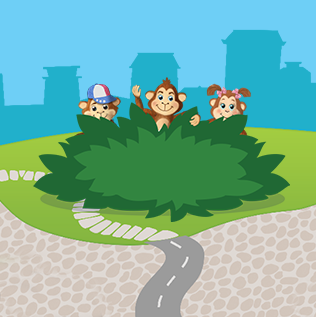English Language Arts Lessons | Respond to Stories Read Aloud, Kindergarten
0 results
Introducing our Respond to Stories Read Aloud Lessons, specially designed for Kindergarten children! Our interactive worksheets, educational videos, and assessment quizzes ensure that children develop strong comprehension skills and the ability to respond effectively to stories. We provide a range of captivating stories that your child will love to listen and respond to. Through our lessons, children will learn to make connections, ask and answer questions, identify story elements, and develop vocabulary. Our program is great for parents looking to work on their child's listening, speaking, and critical thinking skills. Grab your subscription today and watch your child thrive!
Respond to Stories Read Aloud lessons are designed to help young children develop their reading comprehension skills and their ability to express their thoughts and feelings about stories. The lessons involve interactive worksheets, educational videos, and assessment quizzes that engage children in a fun and interactive learning experience.
Kindergarten is an ideal time to introduce children to this type of lesson, as it helps them to develop essential skills that will benefit them throughout their academic careers. The ability to effectively respond to stories read aloud is a foundational skill that will be useful in a number of academic contexts, including reading, writing, and language arts.
By engaging with stories read aloud, children in kindergarten can begin to develop their ability to comprehension, which involves not only understanding the events and characters within a story, but also recognizing the underlying themes and messages. This can be particularly helpful in developing critical thinking skills and encouraging children to think more deeply about the stories they encounter.
In addition to comprehension, Respond to Stories Read Aloud lessons can also help children to develop their ability to express their thoughts and feelings about a given story. This can be an especially useful skill for children who struggle with verbal expression, as the worksheets and quizzes provide a structured framework for communicating their thoughts and feelings.
Furthermore, the interactive nature of the lessons is designed to encourage active engagement and participation, which can help build confidence and self-esteem in children. As children become more comfortable with expressing their thoughts and feelings about stories, they may feel more willing to share their ideas in other academic settings, such as class discussions or writing assignments.
Overall, Respond to Stories Read Aloud lessons can be an invaluable tool for helping young children develop foundational skills in reading comprehension, critical thinking, and self-expression. The interactive worksheets and educational videos provide engaging and fun activities that appeal to children's natural curiosity and creativity, while also helping to support their academic success.
In conclusion, if you have a young child in kindergarten who could benefit from some extra support in developing their reading comprehension skills, consider incorporating Respond to Stories Read Aloud lessons into their learning routine. These lessons are an easy and effective way to encourage your child's natural curiosity and creativity, while also helping them to develop essential academic skills that will benefit them throughout their educational journey.

